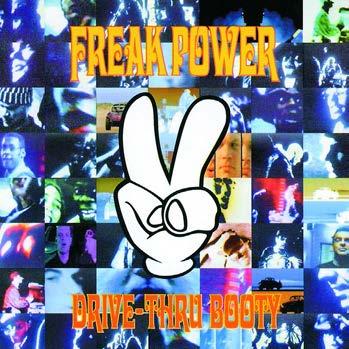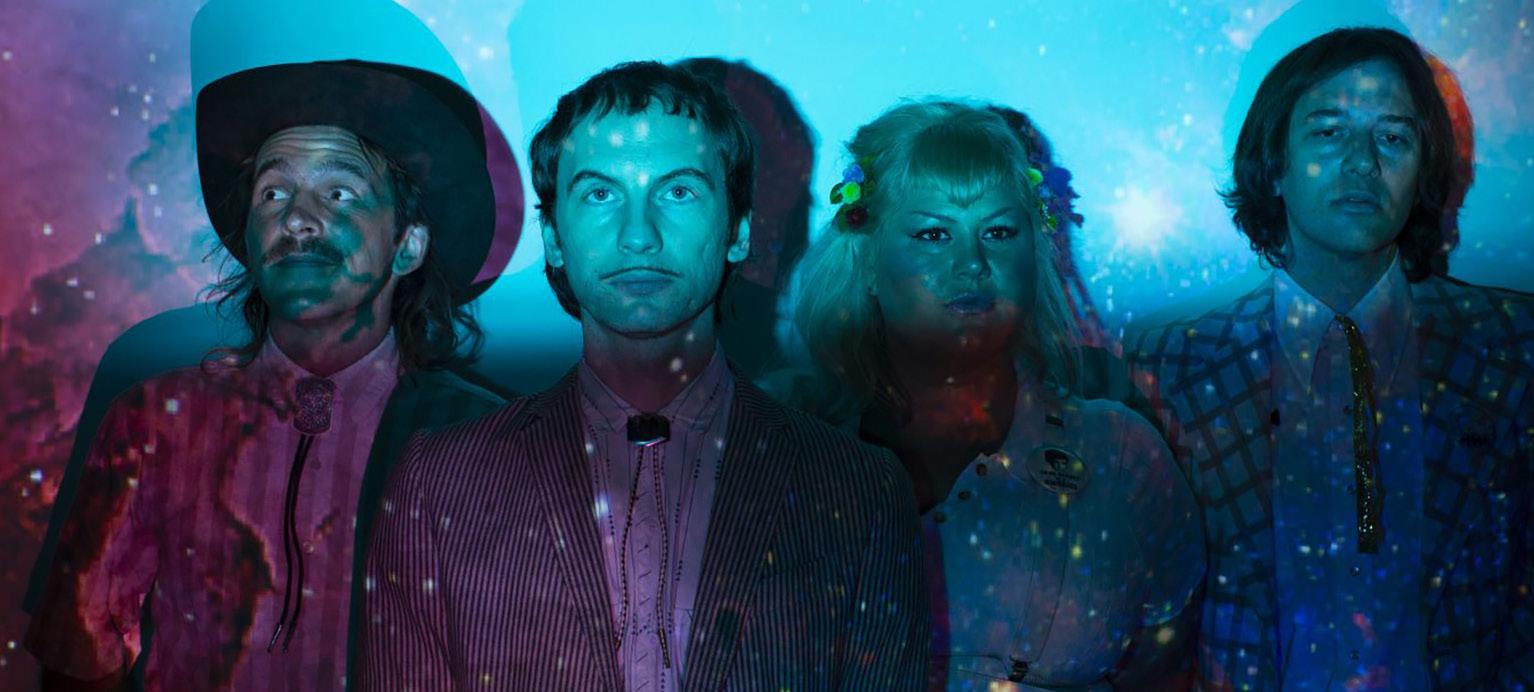HIGH VOLTAGE Son Volt’s new album Electro Melodier takes its title from two vintage amplifiers – a reflection of the sound within.
W
By Brian Wise
hen the history of the Americana movement is written Jay Farrar’s name should be prominent. As a member of Uncle Tupelo with Jeff Tweedy he was one of the prime movers of what became the No Depression movement. The name was taken from a vintage Carter Family song that became an Uncle Tupelo album title within the alternative country (or alt.country) genre that was eventually subsumed into Americana. With the demise of Uncle Tupelo, Tweedy formed Wilco and Farrar went on to form Son Volt, a band that has probably kept closer to alt.country throughout its now 26 year history. Apart from some solo albums in the early part of this century and several collaborations, Farrar has been happy to record over the past 15 years under the Son Volt moniker with a shifting cast of other musicians. Electro Melodier, named after two vintage amplifiers from the ‘40s and ’50s, is the tenth
52
album from Son Volt, and while it continues some of the political preoccupations of its predecessor Union in 2019 its musical scope is wider with echoes of folk, country, blues, soul and rock. Trainspotters will find the Moog line from The Who’s ‘Won’t Get Fooled Again’ in ‘The Globe’ and a Led Zeppelin homage in ‘Someday Is Now.’ Farrar cites the Mississippi delta blues of Lightnin’ Hopkins in ‘War on Misery’ and ‘The Levee On Down.’ There is plenty of social commentary on songs such as ‘Living in the U.S.A.’, ‘The Globe,’ (about the Black Lives Matter movement); but there are also songs drawn from Farrar’s relationships, personal experiences as well as his reading and observations. Farrar’s songs can also be complex. ‘Arkey Blue’ is a reference to a honky-tonk in Bandera, TX, where Hank Williams, Sr. allegedly carved his name into one of the wood tables but also contains references to a speech by Pope Francis on environmental change!
The past year has given Farrar time to focus on his writing and recording and, when we catch up, he is at home in St Louis, Missouri, preparing to (hopefully) go out on tour to promote the new album. “Normally we just record in between playing shows,” explains Farrar, “but this time with the lockdown and the pandemic I was allowed to just devote a singular focus, I think, to the writing of the songs all the way through to the recording and each part of the recording. It spanned over a couple of months, which is somewhat unusual for Son Volt.” “It hints at that duality that’s always been there with Son Volt’s sound, acoustic and electric both,” he replies when I ask him about the album title’s reference to vintage amplifiers. “Melodier is not a real word, it’s not in the dictionary actually, but I’ve always been drawn to the names of amplifiers from the 1950s. There was that timeframe that saw convergence of space exploration terms like a rocket and Saturn and Stratotone and things like that. But also, it just seemed like they would really just slap any interesting word on an amplifier back then. But Melodier struck me as maybe a word that should be a word. Someone or something that puts out a melody. I felt like Electro Melodier would be emblematic and representative as a title of this group of songs. Focusing on melody’s something that I wanted to do, and I felt like the end result reflects that.” In his recent memoir, Unstrung, guitarist Marc Ribot writes about the joy of playing







































